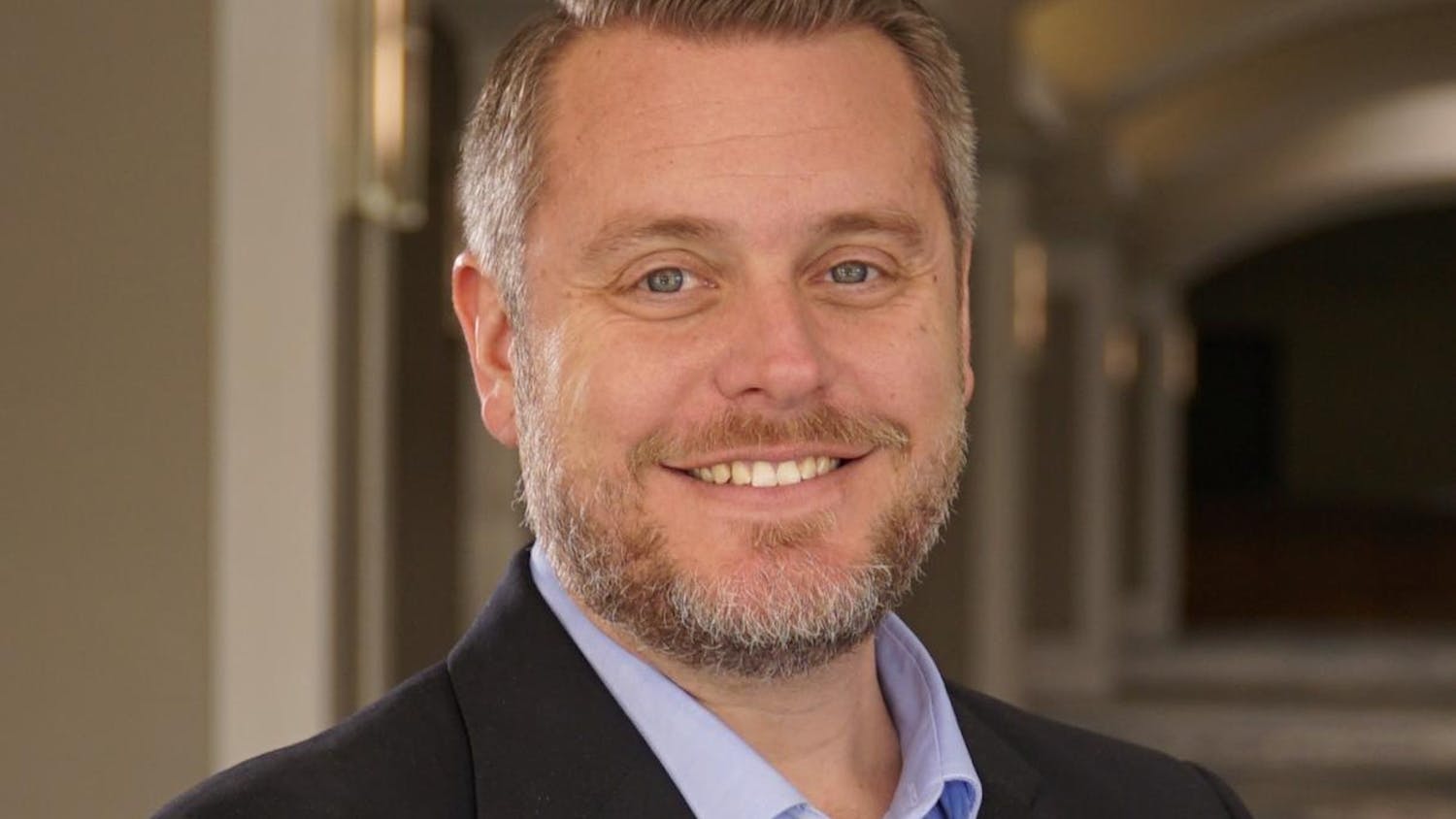Embedded in America’s history and tradition is that diversity has always been our strength. Appearing on the Great Seal of the United States is the Latin phrase: “E pluribus unum” meaning “Out of many, one.” The idea is that our country, unlike any other country in the world, benefits from the rich diversity of its people.
Former President Ronald Reagan once said: “We lead the world because, unique among nations, we draw our people — our strength — from every country and every corner of the world.” Former Secretary of State Colin Powell said, “Diversity is about recognizing that every human is a gift to a community … diversity is strength.” America has benefited immensely through diverse peoples from diverse backgrounds contributing to a single national tapestry.
Sadly, in many corners of our state and nation, we no longer acknowledge the strength that comes from diversity. Diversity is now subject to statutory prohibitions and judicial directives in the state of Florida. Instead of a laudable goal of a nation birthed and nursed from its springs, diversity has, in certain circles, become synonymous with discrimination.
Diversity may be seen in such a cynical lens if one views every gain for Blacks as loss for whites, or every ceiling broken by women as the destruction of an entitlement for men, or every door open to the Cuban immigrant as the shuttering of opportunity for the native born. However, diversity is not zero-sum.
To the contrary, each viewpoint from our diverse citizenry enhances the whole. Out of many, one.
It could be argued that not all methods of achieving diversity have struck the right balance. And fair and reasonable minds may dispute the utility or degree of affirmative action. On one hand, those who support affirmative action said it was a policy that attempted to enhance the diversity in the classroom, boardroom and the newsroom. On the other hand, affirmative action engendered visceral objections to so-called racial preferences for Blacks all the while white women have been the overwhelming benefactor of affirmative action, according to multiple studies. The touchstone of diversity, however, is not affirmative action; diversity instead calls its adherents to reject affirmative inaction.
When disparities exist — whether by chance or by choice or by combination thereof — diversity’s goal is to proactively ensure the nation’s opportunities and promise are open to all. Diversity may mean ceasing practices that ignore or exclude recruitment at Historically Black Colleges and Universities or advertising in predominantly Black media markets. Diversity may countenance mentoring programs so that minorities who traditionally have been barred from the upper echelons of society have guidance and networks previously unavailable to them. Diversity may feature organizations whose purpose is to ensure that qualified entrants feel welcomed and a part of institutions that historically shunned or were apathetic to their existence.
There is nothing inherently discriminatory in any of the foregoing. America has made monumental strides towards inclusion and equality for all. But the work is not done. Disparities exist in almost every facet of society, including wealth, health, income, housing, employment and the like. Champions of diversity do not, as a general proposition, lay these ills at the feet of the majority. Instead, they reject affirmative inaction — doing nothing to remedy the racial disparities in society.
Dr. Martin Luther King, Jr. spoke to this issue. In an interview months before his assassination, King said, “And when white Americans tell the negro to lift himself by his bootstraps, they don’t look over the legacy of slavery and segregation. Now I believe we ought to do all we can and seek to lift ourselves by our own bootstraps. But it is a cruel jest to say to a bootless man that he ought to lift himself by his own bootstraps.” Diversity initiatives seek to ensure that everyone has boots and the straps that go with them.
When our leaders say the time for diversity is over, they signal, perhaps unconsciously, that enough progress has been made or that our institutions of government are indifferent to the inclusion of all. I sincerely doubt that is the intended design. But suspicions are often fostered in the absence of dialogue or discernment, especially as the prelude to decision-making. Good citizens should, however, seek and, if necessary, initiate that dialogue.
As King said, “a time comes when silence is betrayal.” Good people should not sit silently by as a feature of American life that has enriched us greatly is being so sorely sullied. And if we are silenced, we should speak out all the louder or where our voices cannot be suppressed. And there are few places where those diverse voices are needed than our newsrooms, which are essential to an educated and informed electorate.
Dwyane Robinson was the Spring 2005 editor-in-chief of The Alligator and is currently a partner at Kozyak Tropin & Throckmorton, and the president-elect of the Wilkie D. Ferguson, Jr. Bar Association, Miami’s historic Black bar association.






